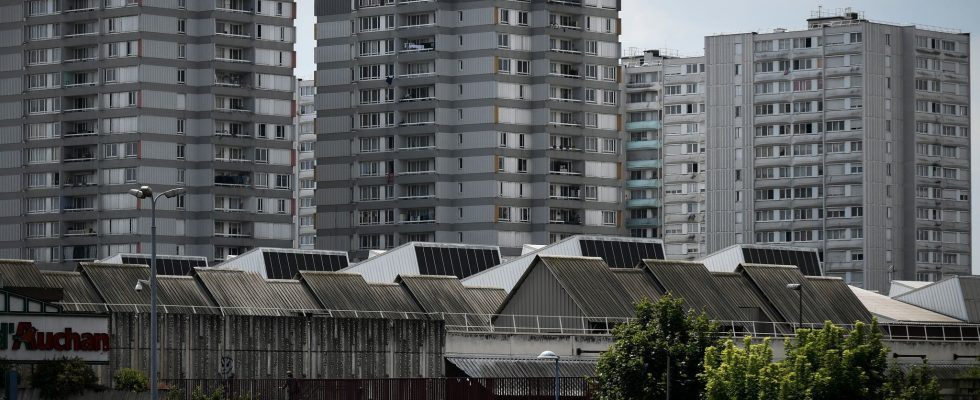With each new episode of riots in France comes this nagging question: the city policy led by the State, which aims to improve the cohesion of the territories by giving priority to disadvantaged neighborhoods, therefore produces no effect? It is not for lack of devoting resources to it! The Court of Auditors figures at “around 10 billion euros” the budgets devoted to it each year, notwithstanding the funding dedicated to urban renewal and the share borne by the local authorities concerned.
In a report published a year ago, the rue Cambon institution recognized in black and white: “There is no monitoring of the expenditure made for the benefit of the inhabitants of the priority neighborhoods of the city’s policy [QPV] in terms of employment and vocational training”. This does not prevent the rulers from regularly announcing new envelopes, as if it were raining. Like the national mobilization for the employment of the inhabitants of the districts of 2018 which planned to invest more than 2 billion euros in the training of 150,000 young people without qualifications and 150,000 long-term unemployed residing in these areas, or the promise, in January 2022, of 838 million euros to support youth employment in neighborhoods as part of the “# 1jeune1solution” plan, in addition to exceeding the initial target of 1 billion euros in credits from the recovery plan for QPVs.
Devices deemed inconclusive
In general, the Court of Auditors is very critical of these specific mechanisms. The body responsible for monitoring the regularity of public accounts points in particular that, despite these massive efforts, the unemployment rate in the 1514 QPV (22.5% in 2019) is between two and three times higher than that of other urban districts. However, Pôle emploi has seen its battalions of agents reinforced in these areas which need them the most: + 25% between 2017 and 2021, which is much more than in the rest of mainland France (+ 7%). The RSA is still perceived by 25% of the population of QPVs, against 13% elsewhere in metropolitan France.
Economist and professor at Gustave-Eiffel University, Yannick L’Horty nuances this sad observation: “There has been an improvement in the general employment situation since the mid-2000s, despite an interruption with the health crisis. measures such as apprenticeship benefit the young people of these neighborhoods, even if they are still overexposed to unemployment”, assures this specialist in the evaluation of public policies.
For her part, Laëtitia Hélouet, newly appointed president of the National Observatory of Urban Policy, also rejects an overly negative view. As proof: “At the start of the school year, certain districts will leave the priority geography, and for good reasons, improvements having been observed in terms of income.” This former rapporteur at the Court of Auditors, with ten years’ experience in Seine-Saint-Denis in the social field, would like the Observatory to now look into new subjects: energy transition, youth unemployment, by focusing on entrepreneurship, the question of women…
Over the past forty years, these urban revolts have in any case played an accelerating role in the months following the various events. “Each time, we have seen additional state activism in the field of urban policy. It is possible that in the very near future, with what is currently happening, there will be announcements. But we are not there yet,” said Yannick L’Horty. In 1990, the riots in Vaulx-en-Velin, which occurred after the death on a motorbike of a 21-year-old handicapped young man, hit by the police, had, for example, led to the creation of a Ministry for the City. While the intensity of the riots currently taking place in several towns in France could well end up exceeding those of 2005, what will be the government’s response this time?
